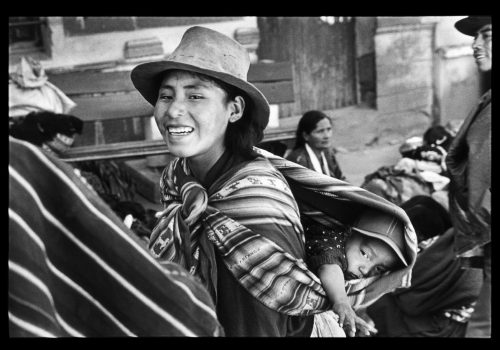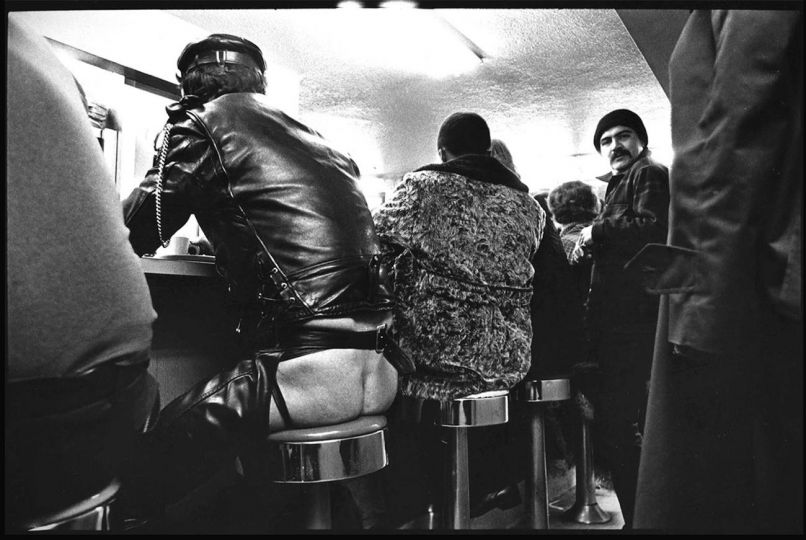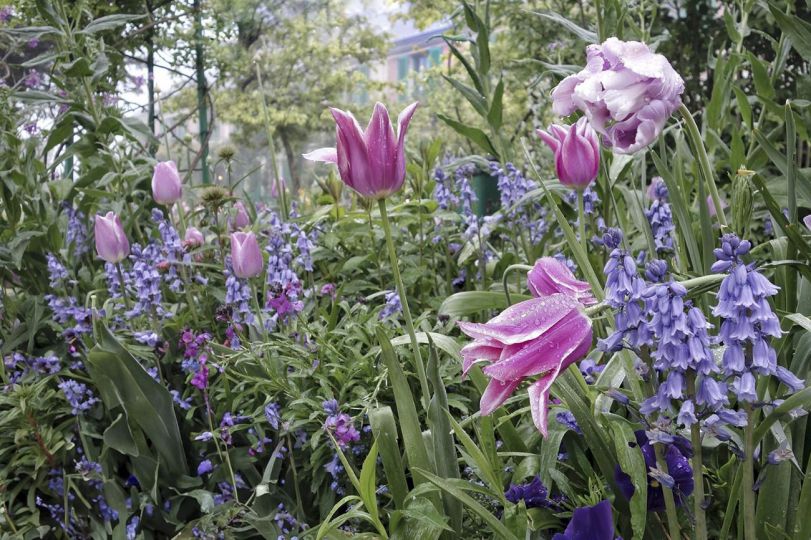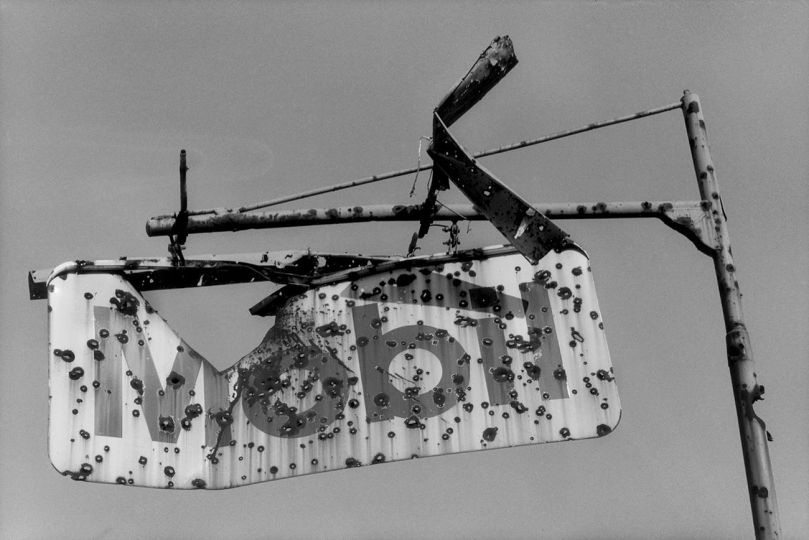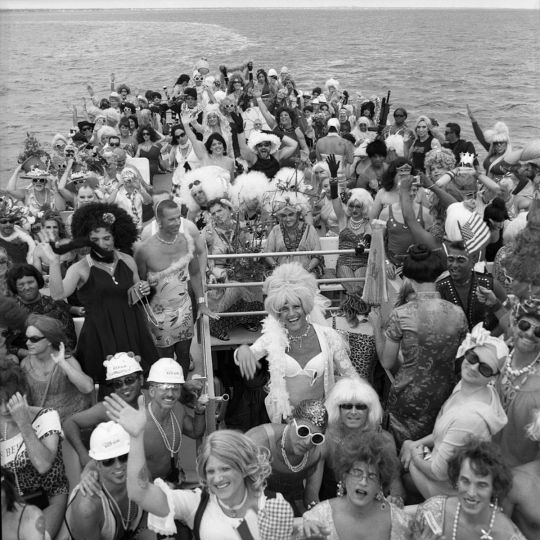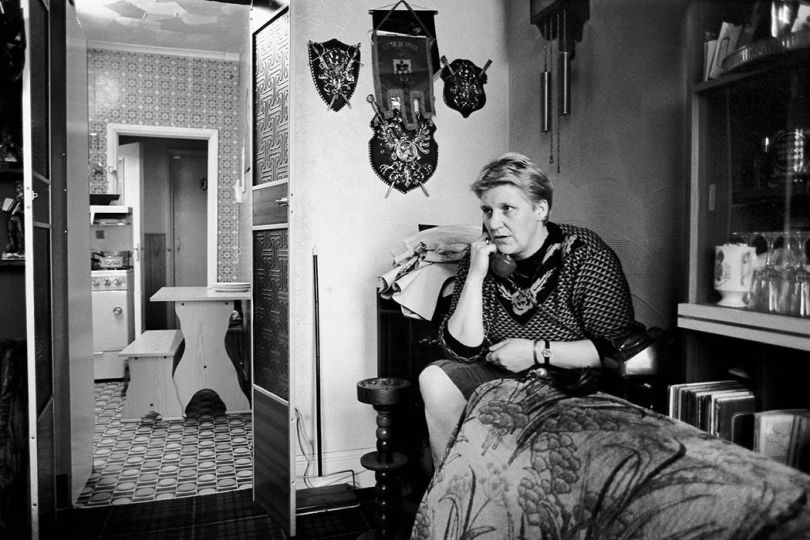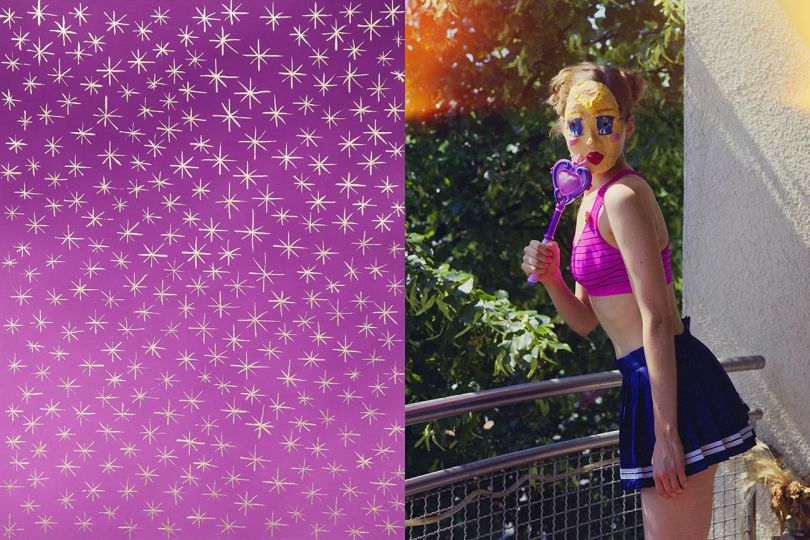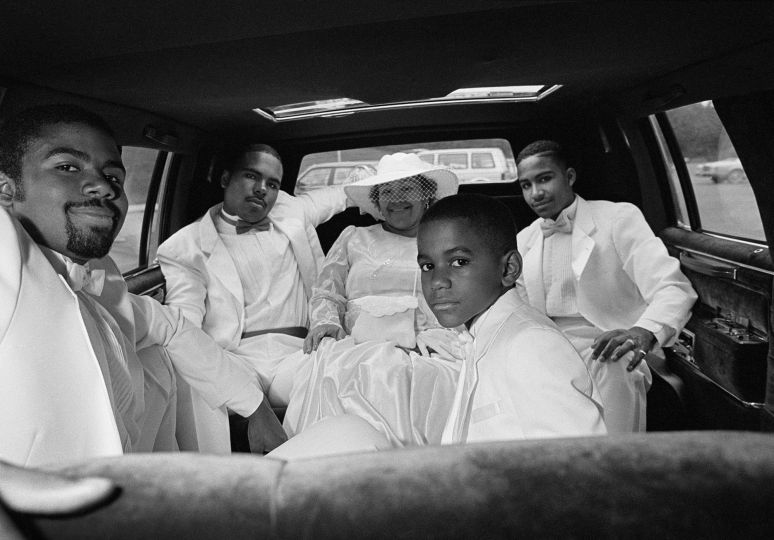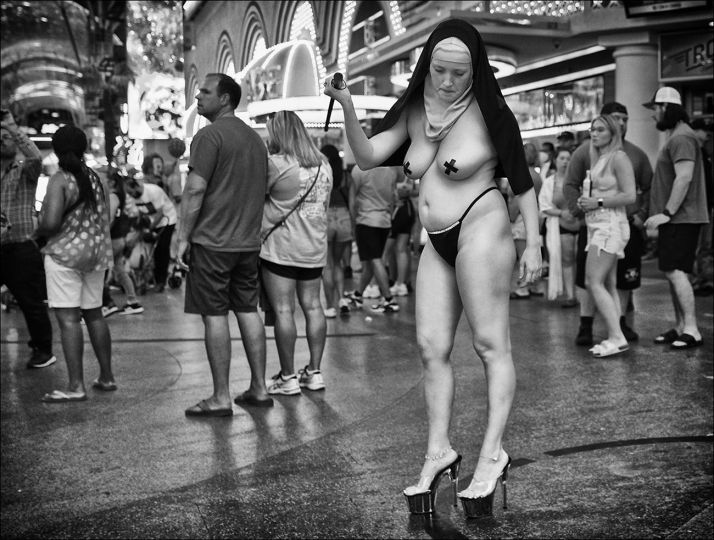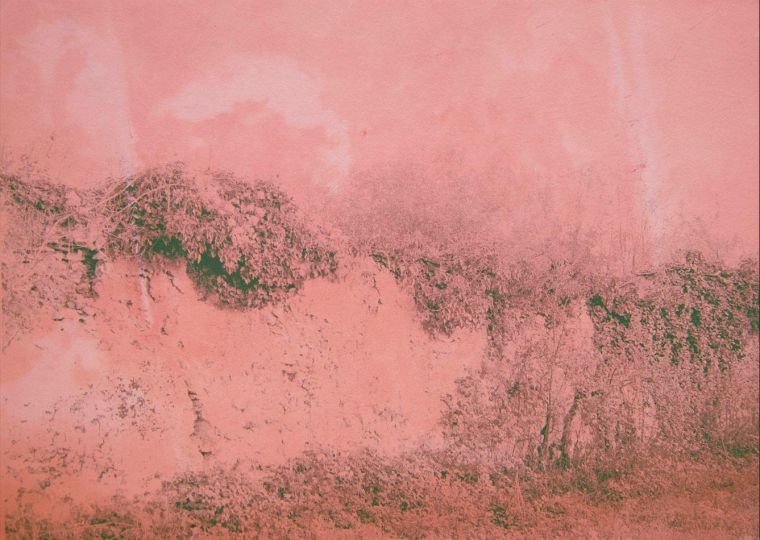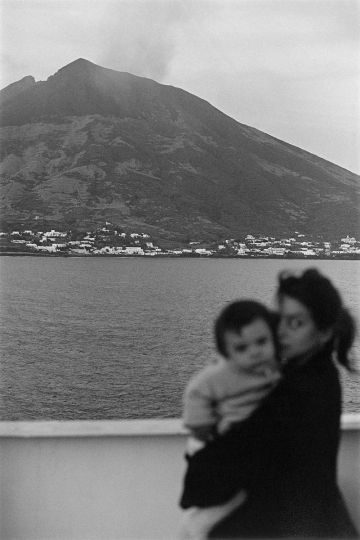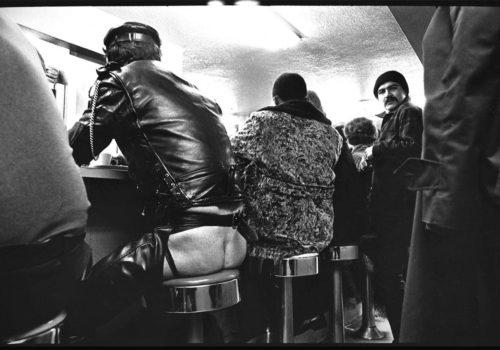French photographer and filmmaker Raymond Depardon made five trips to Bolivia between 1997 and 2015. The resulting photographs, previously unpublished and now collected in a new book Raymond Depardon: Bolivia (published by Fondation Cartier pour l’art contemporain, distributed by Thames & Hudson), reveal a timeless country, where rural and indigenous populations live primarily from the land. In this sober portrait of the South American country, Depardon’s black-and-white photography highlights the harsh beauty of the landscape, the ravaged faces of the peasants, the omnipresent silhouettes of women, and the magic of ancestral traditions.
Depardon’s images take readers on a journey filled with humanity, from the desert plains of the Salar de Uyuni to the mountain village of Tarabuco and the serenity of Lake Titicaca, culminating in the discovery of Vallegrande, in the footsteps of Che Guevara, whose image has had a lasting and profound impact on the country’s collective memory. “I am drawn to these mountain folk, these farmers and herders who live up on the high plateaus,” he writes. “Even though I do not speak their language, I feel close to them. I like to sing the praises of such valiant, hard-working people who live on so very little. I also have a deep love for the wide-open spaces, the emptiness, the rugged terrain, the lack of vegetation.”
Raymond Depardon: Bolivia
Published by Fondation Cartier
39€
http://eshop.fondationcartier.com/fr/catalogues/4316-raymond-depardon-bolivia.html

